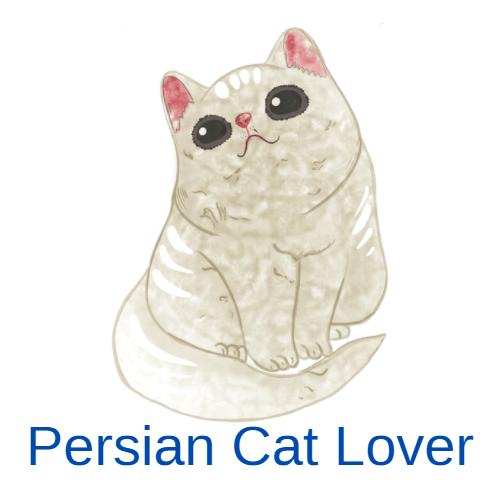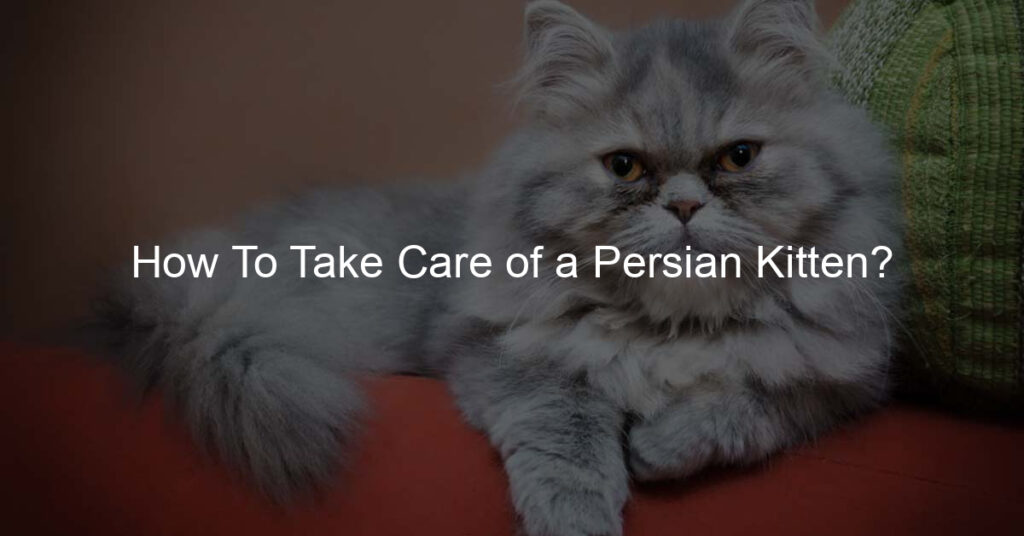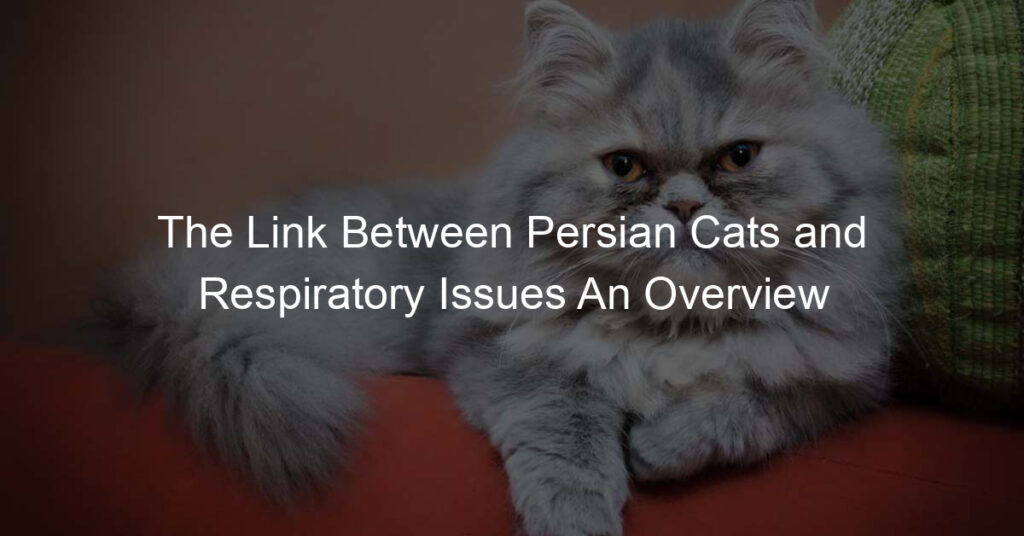Persian kittens may look like cute balls of fluff, but don’t let their looks fool you!
Persian cats require special care to keep them looking and feeling as beautiful and regal as possible. However, with the proper advice from a knowledgeable vet, owners can ensure their Persian kittens are healthy and happy for years to come.
Here are some tips that can help you take the best care of your Persian kitten:
- Brush Your Kitten’s Long Hair Regularly: Persian cats have luxurious, long coats which require regular brushing to keep them healthy and free from mats. Be gentle when brushing your kitten’s hair, and make sure to spend time getting all the knots out.
- Give Them Nutritional Food: Like any cat, Persian kittens need nutritious food made with quality ingredients to stay healthy and strong. Ensure they get enough wet or dry food explicitly tailored for their age and size.
- Provide A Comfortable Place To Sleep: Persian cats need a comfortable place to sleep, like a cozy bed or basket lined with soft blankets. Make sure to change the bedding every once in a while, so it’s always fresh and clean.
- Monitor Their Hygiene: Keep an eye on your Persian kitten’s hygiene by regularly checking their ears, eyes, teeth, and paws for any signs of infection or damage. Also, brush them weekly to help keep their coat looking shiny and beautiful.
- Spend Quality Time With Them: As much as Persian cats love to look regal and majestic, they also need lots of love and attention from you! So be sure to take time out of your day to play with them and give them the snuggles they crave.
How Often Should I Groom My Persian Kitten?
If your Persian cat has long fur, you must groom it regularly. Otherwise, the fur will become matted and difficult to brush. So instead, comb through their fur at least twice a week with a special brush designed specifically for longhaired cats.
This helps keep the coat free of knots, dirt, and dandruff. You may also want to consider giving your regular kitten baths, ideally once a month, as this helps keep their coat silky and clean.
And remember trimming nails; they should be clipped every two weeks or so! With proper grooming techniques and products, your Persian kitty will look beautiful all year round!
What Kind of Food Should I Feed a Persian Kitten?
When it comes to Persian kittens, the type of food you feed them will make all the difference in their health and well-being! Because Persian cats are known for having sensitive stomachs, it’s necessary to stick with high-quality kibble specifically designed for kittens.
Look for options that are grain free and made with wholesome proteins such as chicken or fish. Also, avoid anything with artificial preservatives and fillers. Adding a little bit of wet food to their diet can also be beneficial; just make sure it has all the same nutritional benefits as their dry kibble!
Whatever you decide to feed your Persian kitten, consistency is key; they will love knowing exactly when they should expect mealtime!
Finally, provide fresh water and keep it in a spot that’s easily accessible. Your Persian kitten will thank you!
How Do I Litter Train My Persian Kitten?
Good news! Persian cats are usually easy to litter train. To get your kitten used to using the box, place it in an area of your home with minimal traffic and distractions. Then, put some of their poop inside the box so they can recognize the smell as a cue that this is where they are supposed to “go”.
When they use it, give them lots of praise and reward them with a treat or toy. Make sure you clean their litter box and change out their litter regularly. If your Persian cat has difficulty adjusting, try different types of litter until you find one they like best.
With consistency and patience, you should have no trouble having your kitten perfectly trained in no time! So don’t worry and take a deep breath; you’ll be an expert at litter training your Persian cat in no time! Good luck, and happy potty training!
Does a Persian Kitten Need Shots and Vaccinations?
Yes, absolutely! Persian Kitten needs vaccines just like any other kitten, and it’s important to make sure they’re up-to-date on their shots.
Your vet can advise you on which vaccines are necessary for your little fur baby, but generally speaking, vaccinations against Feline Distemper, Rhinotracheitis, Calicivirus, and Rabies will be required.
You’ll also want to schedule regular checkups to monitor your kitten’s health and be sure they remain healthy as they grow into adulthood. It may seem like a lot of work now, but it’s all worth it in the long run! Protecting them from diseases is integral to being a responsible pet owner.
Speaking of long-term care, you’ll also need to make sure your Persian Kitten is spayed or neutered as soon as possible. Not only will this help prevent unwanted litter, but it can also reduce the risk of certain health problems, including some types of cancer.
Plus, having a pet that’s already been altered makes them much more adoptable should something happen and you are unable to keep them in the future! So don’t forget to take your kitten to the vet for this important procedure when they’re old enough.
And last but not least, while it may be tempting to indulge your kitten with treats, be mindful of how much you’re giving them. Too many treats can lead to several health issues down the line, including obesity and dental problems. So don’t overdo it.
Is There a Difference Between Taking Care of an Adult Persian Cat and a Kitten?
Absolutely! Adult cats are usually independent, self-sufficient creatures. Kittens, on the other hand, need special care and attention to grow into healthy adult cats. That’s why it’s elementary to know how to take care of a Persian cat kitten properly before bringing one home!
One of the most important aspects of taking care of newborn kittens is making sure they get enough nutrition. You’ll want to ensure that your Persian cat has high-quality food that provides all the necessary nutrients for her growth and development.
Make sure you also provide plenty of fresh water at all times.
You’ll also need to be sure you set aside lots of time for play with your kitten, as it helps promote good physical and mental health. Spend time gently rubbing, petting, and talking to your kitten and engaging in interactive play such as toys. This will also help you bond with your new pet!
Finally, ensure your Persian cat has a safe place to sleep and rest. You can use a comfortable bed or even create a special sleeping area for her in one corner of the room. Make sure the area is free from drafts and any noise that could disrupt her sleep patterns.
Taking care of a Persian cat kitten may be challenging at first, but it’s worth all the effort when you see how much joy they bring into your life!
At What Age Should I Begin Introducing Toys to My Persian Kitten?
You can start introducing toys to your Persian kitten as soon as they feel comfortable in their new home, usually around 8-10 weeks of age.
Since kittens are always full of energy, it’s crucial to provide them with plenty of safe and stimulating activities that will help keep them entertained.
Choose toys specifically designed for cats, such as interactive scratching posts, soft plush mice, or dangling strings and feathers. Not only will these provide hours of fun for your Persian cat, but they can also help encourage healthy exercise and playtime habits that will last a lifetime!
Remember, when caring for a Persian cat kitten, providing plenty of love and attention is key!
With the right supplies and lots of TLC, you’ll surely have a happy and healthy cat for years to come.














